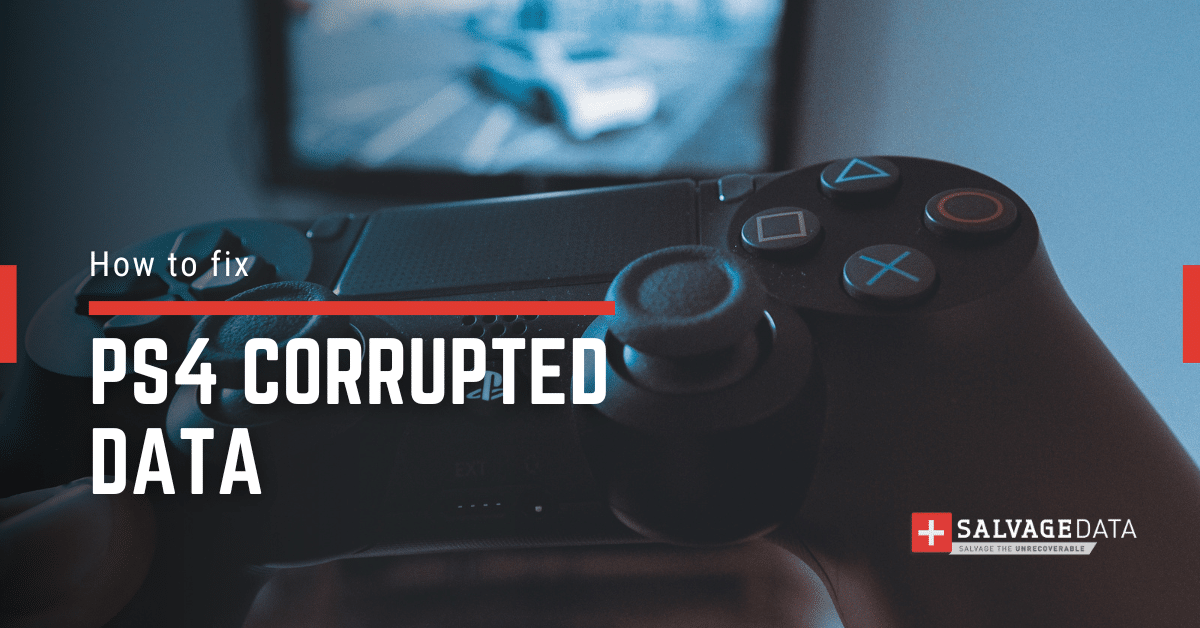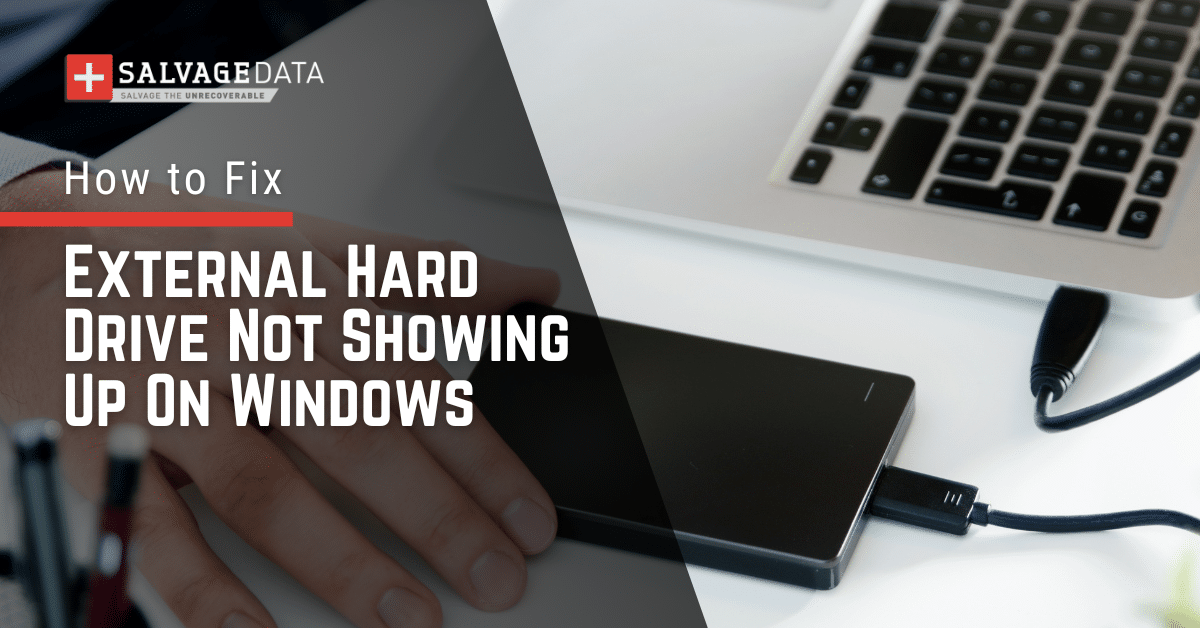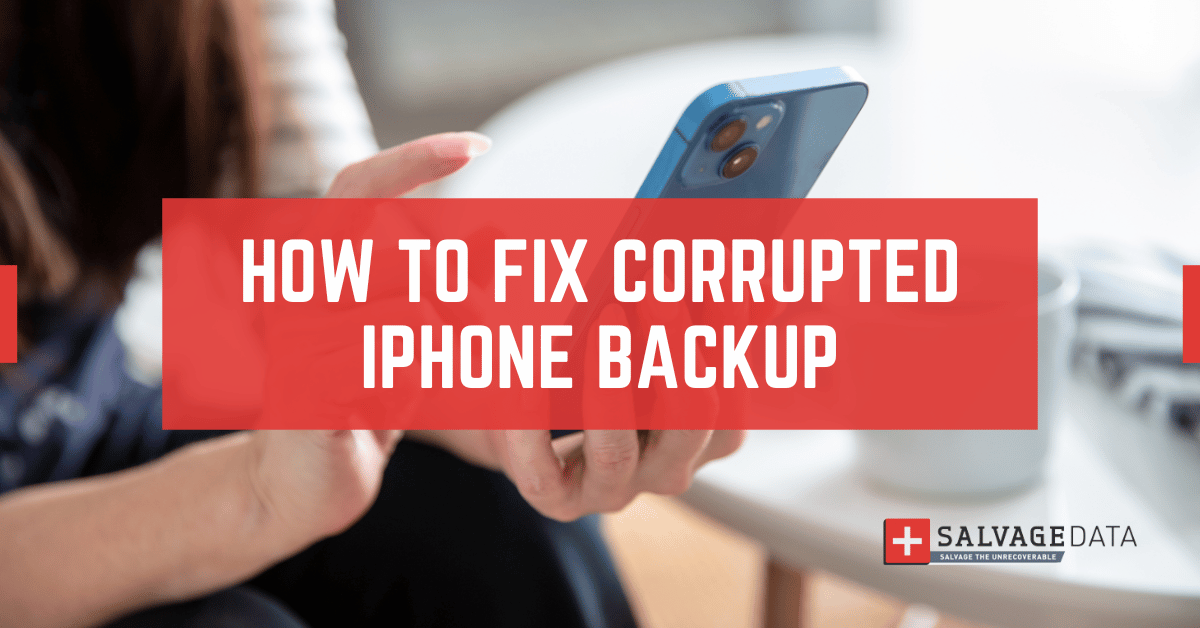Recent Articles
Quickest Mobile Data Recovery Case: 100% of Data Recovered in One Hour
How to fix a corrupted database on PS4
How to Troubleshoot Black or Blank Screens in Windows
LockBit Ransomware: A Comprehensive Guide to the Most Prolific Cyber Threat
How To Use iPad Recovery Mode
How to Prevent Overwriting Files: Best Practices
External Hard Drive Not Showing Up On Windows – Solved
How to Fix a Corrupted iPhone Backup
Backup and Remote Wiping Procedures
Common VMware Issues and Troubleshooting Solutions

I think there's an issue with my storage device, but I'm not sure Start a free evaluation →
I need help getting my data back right now Call now (800) 972-3282
If you’ve ever had the unfortunate experience of losing data, you may have heard that freezing your device is a good way to recover hard drive data. You may even have heard some stories where this was successful. However, not only can the hard drive freezer trick damage your drive, there are now way better methods for recovering lost data.
Warning: Freezing your hard drive can damage it and make it more difficult to recover your data.
What is the freezing hard drive trick?
The hard drive freezer trick is a method of recovering data from a hard drive that has been damaged. The idea is to freeze the hard drive, which will cause the platters to cool and free the disks so they can spin again. The trick is to read and then recover the data on the HDD before it cracks after freezing.
However, this method is no longer considered effective and can damage the hard drive further, making it difficult or even impossible to recover the data. If you’ve lost important data on your hard drive, don’t try to use the hard drive freezer trick. You’ll have a much better chance of success by using data recovery software or HDD professional data recovery services.
What does freezing a hard drive do to it?
When you freeze a hard drive, it can cause the platters inside to crack. Cracks in the platters can make it difficult or even impossible to read the data on them. Even if the hard drive is still working after being frozen, the data may be corrupted and unreadable. If you’re trying to recover important data, you don’t want to risk further damage by freezing your hard drive.
If you remember listening to music with CDs, a tiny scratch would ruin the sound. The hard drive’s platters are similar to CDs and even more sensitive to scratches and cracks – which can cause complete data loss.
How can I prevent hard drive data loss?
There are a few things you can do to help prevent data loss, other than freezing your hard drive:
Back up your data regularly. This way, if your hard drive does fail, you’ll have a copy of your data and won’t lose anything important.
Don’t put your hard drive in extreme temperatures. Heat and cold can damage hard drives, so try to keep them at room temperature as much as possible.
Be careful with physical shocks. If you drop your hard drive or it gets hit hard, it could be damaged internally. Treat your hard drive carefully to avoid physical damage.
Don’t overload your hard drive. Keeping too many files on your hard drive can put a strain on it and lead to failure. Try to keep only the files you need on your hard drive and delete anything you don’t need.
Following these tips can help you avoid hard drive failure and keep your data safe.
How to recover data from a damaged HDD
There are now much more effective methods for recovering lost data from a hard drive. Data recovery software can often successfully retrieve files that have been deleted or lost. And if the hard drive is physically damaged, there are professional data recovery services that can often retrieve the data from a damaged hard drive.
So if you’ve lost important data on your hard drive, don’t try to freeze it in hopes of recovering the data. You’ll have a much better chance of success by using data recovery software or professional data recovery services.
Contact SalvageData experts for a free in-lab evaluation as soon as you notice something is wrong with your HDD. You can identify whether the hard drive is failing by signs such as weird sounds, and data loss or corruption.













